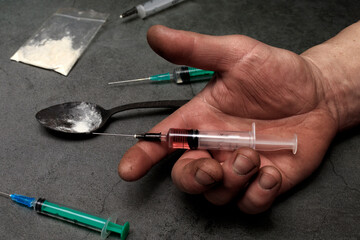
New York law regulates the possession of controlled substances so being found in violation of this rule can result in a variety of legal penalties. It is important to understand your rights and legal options during any criminal case. Work with a New City drug possession, crime defense attorney for skilled representation and legal advice.
Controlled substances are any drug or substance that the United States government regulates. Because some drugs are dangerous and pose a serious health risk to users, the U.S. government may limit and control the way they are manufactured, handled, stored, distributed, and used. Drugs commonly controlled include opioids, depressants, stimulants, hallucinogens, etc.
These substances, though dangerous, are often used for medical reasons like pain relief after surgeries or during chemotherapy, to relieve symptoms of depression or anxiety, to treat seizures or muscle spasms, and more.
Drugs whose manufacturing, distribution, and use are regulated by the government include the following.
Under New York state law it is illegal to be in possession of a controlled substance without a valid prescription. It is also illegal to have someone else’s prescription drugs, share your prescription drugs with others, etc. The legal repercussions for violating these laws can be harsh.
If you are caught in possession of a controlled substance without a valid prescription in New York you will likely be subjected to a variety of penalties. Your charges can range from seventh to first-degree possession depending on the type and amount of drugs you are found with.
The general penalties for each degree of possession charge are as follows.
If you have been arrested for criminal possession of a controlled substance, it is important that you understand your potential defensive options. You may be able to challenge your charges based on the amount you were in possession of, as the law specifically outlines dosages.
If the police conducted an unlawful search and seizure you could also have the evidence collected suppressed which will greatly benefit your case. Depending on the circumstances you may also be able to argue that you were not aware of the drugs and did not have control over the substances.
For more information and to begin building your case, contact a skillful attorney at the Law Office of Kevin T Conway.
© 2025 The Law Office of Kevin T. Conway. All rights reserved.